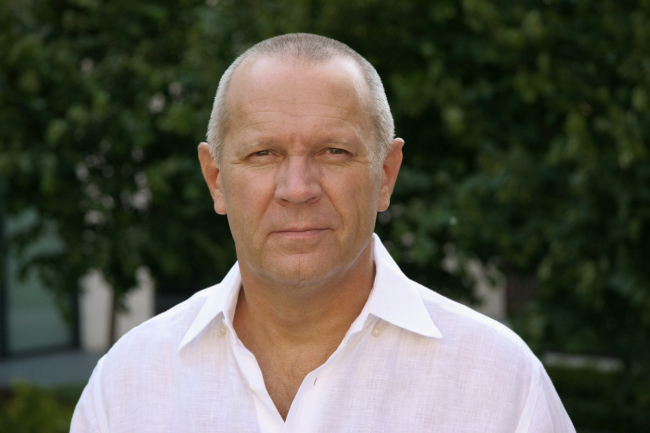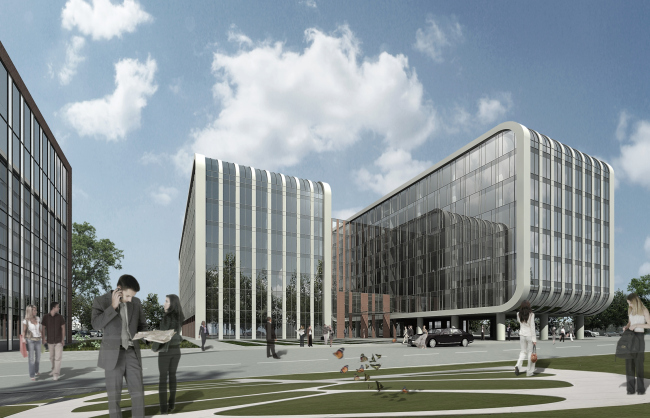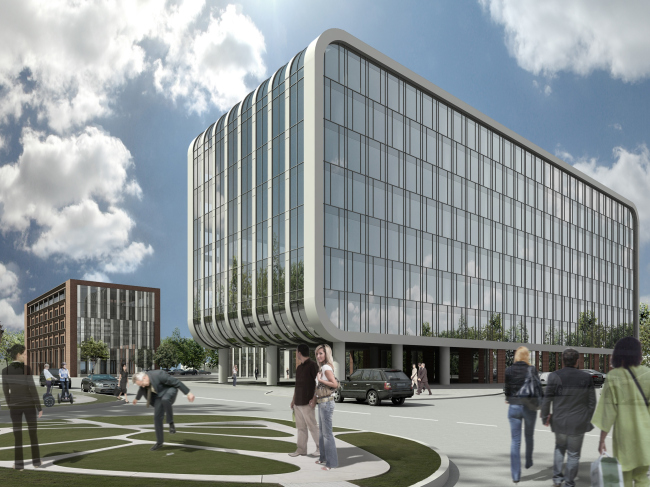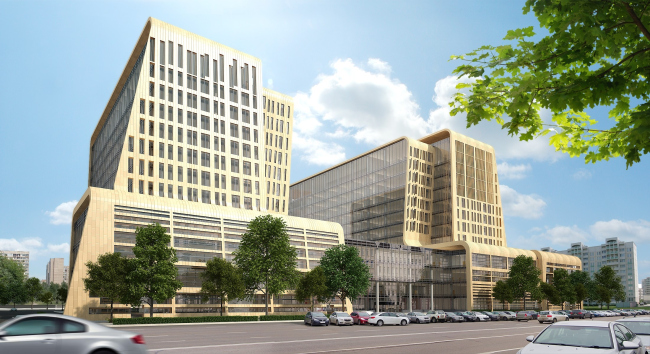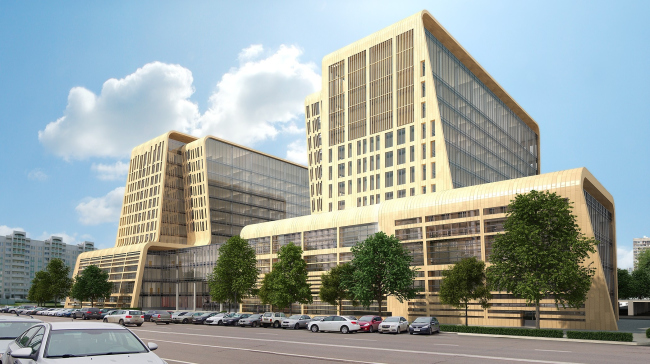|
Published on Archi.ru (https://archi.ru) |
|
| 07.06.2013 | |
|
Nikita Biryukov: "Moscow has long since become unfit for bringing up self-sufficient people". |
|
|
Alla Pavlikova |
|
| Studio: | |
| ABV Group | |
|
The leader of "ABV Group" on the contemporary Moscow, the profession of an architect, and the absence of hopes for a better future Archi.ru:
It has been over four years since the global economic crisis of 2008. How do
you think architecture changed over these years? Nikita
Biryukov: I think it is still too early to judge whether or not the
architecture changed after the crisis. The "medical" results of the
architectural development will manifest themselves in a pretty long while. In
fact, the crisis is still there, and architecture is a pretty inert process.
And - today's situation is hardly better than the one that we had back in 2008.
Yes, things are getting livelier a little bit but even if they are it is only
because this process is by definition a long-term thing - most projects that
are under construction today had been launched still before the crisis. Archi.ru:
How would you describe today's vector of development for the architecture in
this country? Nikita
Biryukov: Sadly, I cannot say that it is satisfactory - in fact, this vector
points in the completely wrong direction. I only see how things stand in Archi.ru:
And what does this "background" do to the architects? Nikita
Biryukov: I can only speak for myself - life in the profession has become
boring these days. The work in this city is being monopolized. Ever so often I
get the feeling of a déjà vu, like we're back in the 90's. And this is
disappointing because for more than 20 years, we have been growing together -
both architects and developers. When we were just entering this business, we
knew very little about it ourselves. Over the years, however, what we did was
learn and grow. During all these years, when an educated customer came to the
architect, he would know in advance what he was capable of, what was his
personal potential. What we have today, however, is complete substitution of
values - everything is gained through a tender. And look who is winning all
those tenders? Great architects? Gosh, no! The tenders are won by the cheapest
offers that are often made by companies with a shady past. Look at what is going
on with "Slavyanka" shopping mall! First they hired the
"Russians" of Turkish make, and they got what they got. And now they
are hiring a couple of companies to do the facades. I think that signing up for
such a job must be below one's dignity. And it is not just about the facades -
it is about careless attitude towards the place. This complex should have been
at least half its actual size - and then everything else would come out
splendidly. Archi.ru:
Still, I wouldn't go as far as to claim that today's architecture can be
compared to what they were building in the 1990's. Nikita
Biryukov: Of course, there is a difference, everybody has got more experience
now. There are also new technologies and new materials. But the core of the
profession is still the same, isn't it? Those who worked responsibly before,
they work just as responsibly now. There was, after all, great architecture
before the 1990's, wasn't there? There is but one formula: quality of solutions
and quality of implementation. Archi.ru:
Today, Nikita
Biryukov: I have no illusions as far as the new power is concerned. People come
and go - the government remains the same. Archi.ru:
What do you think of active participation of foreign companies in the
architectural life of our country and our capital? Nikita
Biryukov: Yes, there is indeed a plague of foreigners living and working in Archi.ru:
If our homeland specialists are capable of doing the same job just as well,
then why does the customer opt for the foreign architects? Nikita
Biryukov: The commissioner that invites the western specialists because of
their different mentality, different educational background, and different
approach to designing things - I cannot blame him, really, because over the
last 20 years our architects brought discredit upon themselves. I am not
speaking about EVERY designer. There are a small number of industry
professionals that has been successfully working on the Russian market for
quite a while now. The overall trend, however, is quite saddening - simply
because the Russian architects do not get the slightest chance to redeem
themselves. There was quite a situation with the tender for the renovation of
the Archi.ru:
What do you think is the main reason for such a precarious position of
architects and architecture in this country? Nikita
Biryukov: Today, they are constantly holding up the constructivism as a model
and as our national pride and lament the fact that it just slipped through our
fingers. But what we need to realize is the fact that the constructivists were
brought up by the powerful Russian culture. And then the entire cultural layer
of this country was just severed out - some people emigrated, some died in
World War Two, then there was Khrushchev's persecution... Today's generation is
incapable, though hard it tries, of creating something of real value. An
architect does not live and create in a vacuum. He is part of our society -
just like our medical care system, education, industrial enterprises... The
profession of an architect is, sadly, as under-respected as it has always been. Archi.ru:
Well, but if there is no making amends, as you say, then perhaps some
mechanisms must be developed so as to prevent things from going from bad to
worse? How would you describe a perfect architect of today? Perhaps, we should
start with education? Nikita
Biryukov: The "mechanism" is always the same. It is the law and its
strict implementation instead of a variety of interpretations. The architect is
always doing somebody's commission. We all are dependent people. As for the
education... NoneNoneNoneNoneNone |
|
